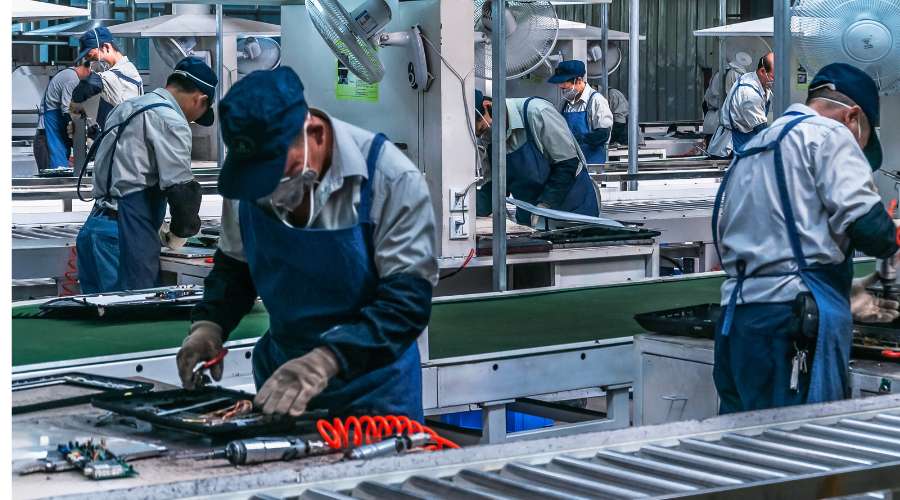Unveiling the Future of Work: AI’s Impact on Human Employment
In today’s rapidly evolving landscape, the integration of Artificial Intelligence (AI) is revolutionizing industries across the board. While apprehensions about job displacement linger, the reality is far more nuanced. AI isn’t replacing human workers; instead, it’s enhancing their capabilities, particularly in the realm of data and analytics. Let’s delve into the multifaceted implications of AI on human employment, exploring both opportunities and challenges.
Reshaping Roles: The Synergy of Human and AI Intelligence
In the domain of data and analytics, AI tools aren’t displacing analysts but empowering them with advanced capabilities. Rather than automating jobs away, AI is enabling professionals to tackle more intricate tasks, driving innovation and efficiency. This symbiotic relationship between human and machine intelligence is giving rise to new job categories, blending technical prowess with human insight.
Navigating Ethical Considerations in AI Integration
However, this transition isn’t without ethical considerations. AI has the potential to perpetuate biases if not carefully monitored. Ensuring diversity in AI development teams and establishing clear ethical guidelines are crucial steps toward mitigating these risks. Transparency and accountability in AI applications are paramount to prevent unintended consequences.
Strategies for Thriving in an AI-Integrated Future
Both employers and employees can adopt strategies to thrive amidst AI integration. Companies must invest in workforce training and reskilling initiatives, while individuals should embrace continuous learning and adaptability. Soft skills like creativity and emotional intelligence will complement technical expertise, ensuring resilience in the face of technological disruption.
Educational Transformation for an AI-Centric World
Education systems play a pivotal role in preparing the workforce for an AI-driven future. Curriculums should encompass not only STEM subjects but also critical thinking and ethical considerations in technology. Lifelong learning platforms will be instrumental in providing ongoing education opportunities, fostering a culture of continuous growth.
Case Studies: AI as an Assistant, Not a Replacement
Several companies exemplify successful AI integration without significant job displacement. By leveraging AI as an assistant to human workers rather than a substitute, these businesses enhance efficiency while preserving jobs. Healthcare providers utilize AI for administrative tasks, enabling medical professionals to focus on patient care. Manufacturers deploy AI for predictive maintenance, supporting workers in proactive strategies.
Policy-Making for a Balanced Transition
Policy-making plays a pivotal role in managing the transition to AI-augmented workplaces. Governments must enact regulations that protect workers’ rights while fostering innovation. Policies around data privacy, AI transparency, and fair labor practices are essential for creating an equitable environment where AI benefits all stakeholders.
Shaping a Collaborative Future
In conclusion, the synergy between AI and human employment demands a collaborative approach. By fostering dialogue among technology leaders, policymakers, and the workforce, we can shape a future where AI enhances human potential. The ultimate goal is to leverage AI’s capabilities to create a workplace where everyone can thrive, ensuring a harmonious coexistence of human and machine intelligence. As we navigate this transformative era, embracing the opportunities afforded by AI while addressing its challenges will be key to building a sustainable future of work.

